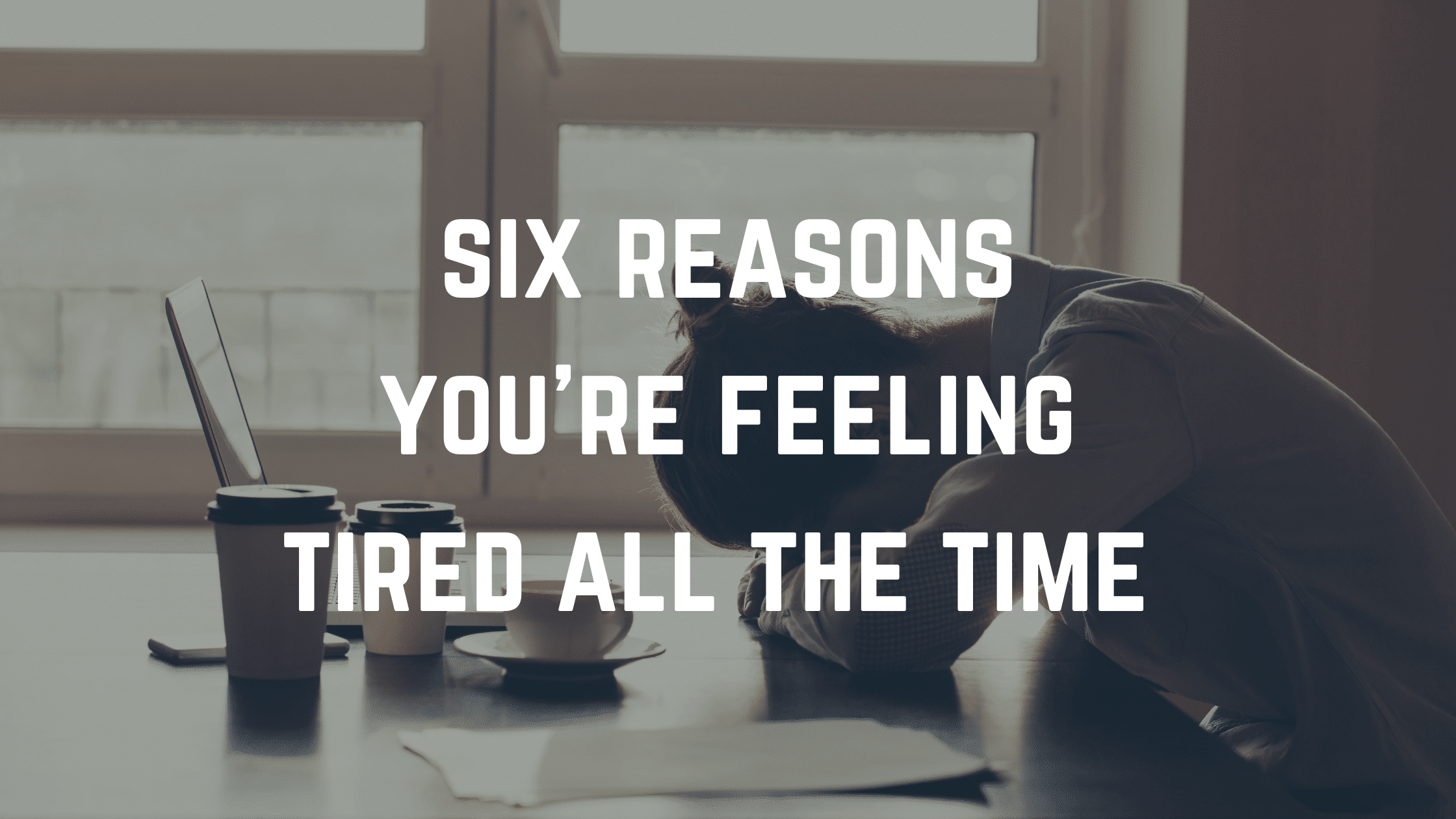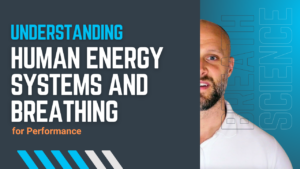Six Reasons You’re Feeling Tired All The Time

Could one of these six issues be the reason you’re feeling tired all the time?
One of the most common complaints I got used to hearing throughout my career was
why do I feel tired all the time?
That said, I did work in the sleep industry for more than nine years. Almost everyone who visited the clinic was there for symptoms of tiredness, fatigue, or daytime sleepiness. For people who struggle with energy levels throughout the day, it can be devastating. Unable to focus, perform at work, and a loss in motivation to exercise become a vicious cycle of weight gain and depression. How we feel dictates how we interpret the world. When you’re lacking energy, the world seems a burden that can eat away at mental health, especially if you have no clue why you feel like a sleeping sloth.
Some people are confused about healthy habits; many in their 30s and 40s grew up being bombarded by various misleading information. The government attempted to balance promoting a healthy lifestyle and creating an economy designed for continual cash flow. Unfortunately, the food industry was one of those markets that have been massively hit by the capitalist society. We are most vulnerable to spend money on food which becomes additive because hunger is an instinct we simply cannot ignore and is easy to manipulate through consumer marketing. The leading food companies know that, and it’s why chocolate milk and cereal were promoted as being healthy breakfasts for many years. So when fast food popped up and made eating more simple, and the likes of Coca-cola, Nestle and PepsiCo, pushed out sugary foods to meet the health recommendation of 60% carbohydrate for energy requirements, it made traction massively. Especially during and after the Industrial Revolution, where hard work with minimal sleep was honored, and comfort/freedom was a sign of wealth and popularity; therefore, time spent cooking and sleep, lost its value. It’s no wonder the world is full of heart disease, diabetes, and obstructive sleep apnea, with millions of people struggling to battle obesity and a lack of energy every day. That’s why it was vital for me to step up my game and help combat this issue by creating content and online webinars that help such as the one I shall be doing on the 20th of September. Soon to follow will be an Ebook that teaches 7 simples habits to help people manage their energy. Making such simple and actionable changes empower people to learn that you have all the power you need in nature, food, and your own physiology to tap into energy when required. Humans also possess the ability to switch off for a good night’s rest – but only if you know the secrets to do so. However, I wanted to educate further. Therefore, the purpose of this blog is to give you reasons to perhaps why you’re feeling tired all the time. Things you can do to change that and when to seek medical attention if necessary.
First, I thought it would be good to measure your tiredness/ sleepiness and see how that compares to the typical. So below is a series of eight questions – I want you to score yourself on how likely you are to doze off in the given situation and add your score up at the end.
Complete this Sleepiness Questionnaire
Scores are as follows:
Never = 0
Slight Chance of Dozing = 1
Moderate Chance of Dozing = 2
High Chance of Dozing = 3
Questions are as follows:
- Sitting and Reading =
- Watching Television or Netflix =
- Sitting Inactive in a Public Place (Work Meeting or Waiting Areas) =
- A Passenger in a car for an hour without a break =
- Laying Down for a Rest in the Afternoon =
- Sitting and talking to someone =
- Sitting quietly after lunch without having drunk alcohol =
- In a car or bus while stopped in traffic for a few moments =
The above questionnaire is a validated test we call the Epworth sleepiness scale created by Johns in 1991 ¹.
A typical range is between 0-9. Those who scored 6-9 have an average amount of daytime sleepiness. Still, it could likely be improved with some simple habit changes. Scoring above 9 is excessive daytime sleepiness. If you’re above 14, then you should think about getting some support straight away and you can book an initial online consult here.
Now that you have an idea of what excessive tiredness is, you’re probably intrigued to find out what could be causing your issues so that you can start making changes or dig into some possibilities of what could be going on with yourself to seek the correct advice.
Lack of Sleep
It might seem obvious, but are you getting enough sleep?
The daily recommendation sits between 7-9 hours; however, that doesn’t mean time spent in bed but the amount of sleep you should get. Many people may take 30 minutes or longer to get to sleep; others may wake up a few times in the night, suggesting poor sleep quality. So how much sleep are you truly getting?
Some may need more sleep, depending on their lifestyle. For example, a person who trains in the gym intensely 4-5 times per week trying to gain muscle from weight training needs more sleep to recover than someone who does yoga a couple of times per week of similar age. One sign to watch out for is if you wake up in the morning feeling the need to have more sleep and keep reaching for the snooze button, you may need to start going to bed earlier. Don’t rush it, though and suddenly go to bed an hour earlier; otherwise, you might find yourself laying there wide awake. Instead, gradually shift your sleep time by 10-15 minutes every few nights to allow your mind and body to adjust to the new sleep schedule. Suppose you find this challenging, and you struggle to change your sleep schedule. In that case, we can do things about the timing of light exposure, exercise, and meals to help. But that would require further individual examination, and therefore, it would be best to book a consult. Otherwise, trying melatonin can aid in shifting sleep schedules but again would consult on a case-by-case basis.
Poor Sleep Quality
Sleep quality can be defined as either the % of the time you’re sleeping vs time spent in bed, a term called sleep efficiency, or the depth of sleep you’re getting. The two most common reasons for poor sleep quality are stress and inconsistency in your sleep schedule. Stress can be external stress from the pressures of everyday life, or it can be using your phone, laptop late at night and not giving yourself enough time to wind down at the end of the day. Other more concerning issues can lead to poor sleep quality, which I will get to in the next section; however, to improve the quality of your sleep, you should avoid bright lights once the sun has set, leave the mobile phone or tablet out of the bedroom and ensure you have an evening routine that involves some kind of relaxation techniques such gentle music, yin yoga, slow breathing or mindful practice. Try to keep the routine consistent, make it work for you, and keep it at a similar time each night to ensure your body’s sleep rhythm stays in sync.
Obstructive Sleep Apnoea
OSA is a sleep breathing disorder characterised by short periods of airflow disturbances followed by mini awakenings often forgotten about in the morning. Typically witnessed by partners as the affected person is asleep, OSA usually coincides with snoring and daytime sleepiness. If you or your partner snores, you have seen what looks like choking in their sleep, are over the age of 45 years, or are overweight, you are at a very high risk of having the condition that is relatively easy to manage. If you have good sleep hygiene habits, sleep regularly and for long periods but still wake up tired – it may be worth you getting checked for a sleep apnoea. This is something that I can advise on and would be worth you booking in a 15-minute discovery call, so I can direct you to the following steps to screen yourself for sleep apnoea quickly and at home. Once we know the severity of your sleep apnoea, or if you have it at all, we can then build an action plan to ensure you get the most appropriate treatment possible. If you’re a partner of someone who snores and struggles with daytime sleepiness scoring 9 or above on the Epworth, then it would be worth having a chat with your husband or wife to see if they would be interested in getting further advice because the long term consequence pretty much leads to all forms of chronic disease or mental health issues.
Poor Hydration
Humans can survive for a few weeks without food. However, they can only survive a few days without water. So this should demonstrate the importance of staying hydrated, and you would think it’s simple, right?
According to the National Hydration Council, symptoms such as tiredness and fatigue make up around 20% of GP visits, and it’s estimated that dehydration is the cause of 1 in 10. Many people wake up in the morning, and their first drink is a coffee or a caffeinated beverage. The second one in the mid-morning may also be the same. Caffeine is a diuretic, meaning that it makes you urinate more. If someone has exercised late the evening before, they live in a hot and humid country working outdoors. The following morning, they consume two drinks that cause them to go to the toilet. Do you think they are going to be hydrated for the rest of the day?
Most likely not, dehydration has many symptoms, and most of them come on early. Still, people will ignore mild headaches, tiredness, lack of concentration, or moodiness because they think it’s just a part of how they usually feel. Of course, you could just put it down to feeling tired, but what happens if it’s a symptom of your daily habits rather than an issue related to your health.
Back in 2008, I was involved in a 24-hour dehydration study. For a whole day and night, I was only allowed to consume dry foods and no fluids at all. My strength was measured using fancy lab equipment that looked at power change at the muscle itself and within the nervous system. Interestingly, the electrical signals sent from the brain to the muscle were reduced by more than 25% the following day, a concept we call central fatigue. So if you’re not regularly keeping topped up on water, then you could well have weak signals being sent from your brain to the rest of your body, leaving you feeling tired and unable to focus.
Therefore, it’s ideal for keeping a reusable bottle (non-plastic) that you can take sips from throughout the day. If you are not a fan of the taste of water, then use a sugar-free fruit juice or cut up some lemon or lime and put that in it for a citrous taste. Leave it in a place in view so that you are reminded to take a drink or pop a post-it note on the screen in front of you to know you should go to refill your water bottle from time to time. The best way to monitor your hydration level is to check the colour of your urine first thing in the morning and a few times during the day. It should come out clear or very light yellow. If there is a darker yellow colour, then you need to hydrate. If you work out and want to know how much water you should consume, you can weigh yourself before and after the workout. Research suggests you should consume 150% of that weight in water if you lose weight, remembering that 1 kg = 1 litre of water. So, if you lost 0.5 kg, you would need to consume 750ml of water post-workout to be rehydrated.
Staying hydrated is key to maintaining energy levels throughout the day. However, on nutrition, we will now discuss a lunchtime food hack we can use to prevent getting the afternoon dip in energy.
Stress
Not so obvious for some, but stress can massively impact how one feels, significantly if repressed. I’ve always felt full of energy. However, I noticed a big difference in the last year and had put it down to finally hitting an age where things feel different. I am only 33 years old, and compared to my twenties, I started to notice my energy levels in the gym and at work slacking off. It wasn’t until I quit my job and stopped trying to do everything in my life at once that I noticed how much stress was impacting my energy. At the time, I was weight training 4 or five times per week, working a 9 – 5 job as a clinical leader in a private health clinic, running a podcast, and trying to grow an online coaching business. That sounds tiring, right? Well, it was. However, because my ego loved the idea of making myself feel good by being a ‘hard worker’ and not quitting. I lacked the self-awareness that I was indeed low on energy, impacting my performance all around.
I’m not the only one like this; many type-A personalities out there won’t take slow down for an answer. I know I’ve worked with many, and for what I teach and preach, it becomes a battle to be able to change their mind. The problem arises when you don’t listen and continue to work in such a manner. You are putting yourself into a similar position as if you were to have too little sleep, at significant risk of chronic health conditions. Sleep and stress go hand in hand; they are the yin and yang of the human body. Sleep helps reset the autonomic nervous system from a stress state into a position of rest and recovery. When chronically stressed, it zapped all your energy out of your mind and body. The result is being unable to focus, think clearly, and ultimately perform at the top of your game – healthily and sustainably.
One way to check in with our stress levels is to sit still and observe the mind.
How quickly do you become distracted or want to go and do something? Are you able to relax and put business aside for a second to pay attention to how you’re thinking and feeling?
If not, that you may need to take a step back before you burn out and end up taking a severe health hit that requires months to take over, or you have a mental breakdown, a suffer a mid-life crisis.
One thing you can do is build other stress management practices before it’s too late. Those currently with burnout may perceive it’s too much for them to add habits in because they already feel overwhelmed. They also think they are unable to cope and do not possess the resources around them. That means prevention is critical. I have helped many people build a successful stress management practice with minimal input and often remarkable results. For example, the 80/20 principle plays out with stress management in those 20 minutes of meditation or breathing can yield 80% of the result. In fact, every person who has gone through my premium stress relief program has felt at least a 50% decrease in perceived stress. As a result, freeing up their energy to focus on other things – raising their performance and helping with health and longevity long term.
Issues related to diet
Whenever I do a calorie assessment of tired people, especially if they are generally quite active, I notice they are often not eating enough. Now, there could be two reasons for this – 1. They simply do not consume enough food day today to meet their calorie demand. Therefore, they lack energy due to not having enough fuel or 2. When they track their food, their habits change and suddenly, they are not following their typical weekend. Many people will go through their working week not paying attention to the amount of food they eat. Often, they are under eating but come the weekend, they splurge on snacks, takeaways, and dining out. Therefore, their calorie intake rockets up. The only natural way to know this is whether their weight has increased, decreased, or remained stable over time. If their weight is dropping or stick thin, then total intake may be low; however, if weight is increasing or remaining stable and it looks as if food intake is less than required, they are more likely to mistrack their typical food habits.
Simply tracking your food intake for a while raises awareness of how you eat; however, try and be honest and look at your total weekly intake. You can use a simple total daily energy expenditure calculator like the one linked here. You can compare the volume of food you’re eating and how close you are to your natural energy balance. Next, try shifting your food intake to the suggested and monitor your weight once weekly. If after a few weeks your weight changes, then adjust your food accordingly. You can also monitor your energy levels at work, home, or the gym to see whether your intake adjustments are reflected by changes in your vitality.
Conclusion
Many people struggle with tiredness, fatigue and are on the verge of burnout. Yet, many lack awareness because the ego can take over, and they get comfortable with the idea of working, despite not always being productive or on top of their game. Others simply don’t understand what poor health choices look like or have struggled because it doesn’t fit the behaviours they learned.
I hope this blog has helped some people understand why they may be feeling tired all the time, whether due to sleep, stress, diet, or hydration. They are all of equal importance. If you read this, and it highlights anything to you in any way, then please take some action. I have observed many people change their lives by simply getting their sleep in order.
For example, Craig was diagnosed with OSA in October 2017. At the age of 52 and with severe OSA and his current health situation, it was highly likely that something would go wrong if we weren’t to create change. So we worked together to get his OSA treated using CPAP therapy. Now he can sleep 8 hours a night uninterrupted. He has dropped 25kgs, walked 30+ km per week, has newfound energy, and is currently feeling great. I love to see this sort of feedback, and I hope you can create such change too.
References
Johns, M. W. (1991). A new method for measuring daytime sleepiness: the Epworth sleepiness scale. Sleep, 14(6), 540-545.




